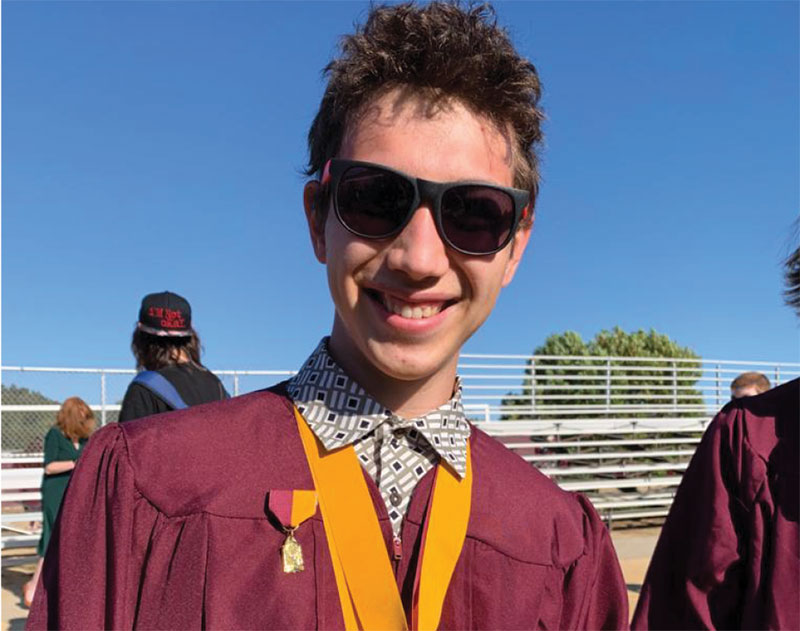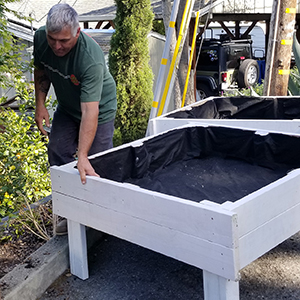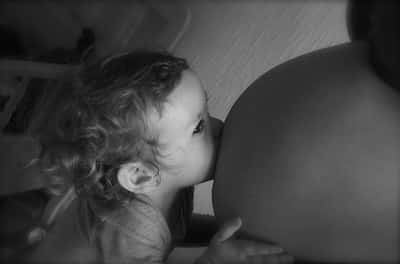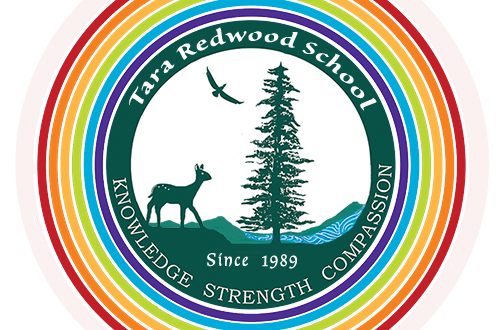
Community College Can Be a Big-Brain Decision
A good friend of mine clapped me on the back, laughing, telling me there was no way I was going to Cabrillo, a community college. There were so many great universities out there that I
could go to! I was so smart, after all.
A boy from one random Spanish class greeted me with a wide smile, gave me a handshake, telling me I was the smartest person he knew. He asked how come I wasn’t in Stanford already, being a professor or other, and then he was gone.
My parents looked at me funny when I told them that I wasn’t really interested in any of the academics I was so good at, but would prefer something in the arts, drawing or writing, something creative and fun. Or that maybe I just wasn’t sure exactly what I wanted to pursue. After some researching and consideration, Cabrillo it was.
My dad told me that I should be excited when something fantastic happens, and to change out of my old, ripped shorts. I threw my hands up but complied, even though we were just having math class on Zoom that day. When the teachers came to my door with the medals and smiles on their
faces, I was genuinely surprised.
I’ve always been quite good at school, getting my straight A’s in every subject, every year, and taking all the hard classes. I still never expected to be valedictorian, always assuming there was someone in my grade doing better work than me.
But that was how it went, and I could do nothing but be proud that I had accomplished such a feat. Such titles come with responsibilities, though, and the pressure of doing a speech at graduation was daunting.
Thankfully, that went well and was actually quite fun.
Then there was where to go to university. I had never put enough thought into what career I was hoping to pursue, or what university that might happen at. It always seemed so far away, and I had classes and good grades to achieve.
Even when I started looking, there were so many options. How was I supposed to choose? They all seemed the same. It didn’t help that I wasn’t really sure what I wanted to do. Take STEM classes because I was good at them? Try to follow my heart with writing? Do something
completely different, like coding?
With these confusing ideas swimming in my head, making me dizzy, my dad came to the rescue by explaining that Cabrillo was a great option instead of a four-year university.
It wasn’t like he was about to pay some big bucks for me to attend a high-end university without knowing what I was going there for. By going to Cabrillo, I would be able to simultaneously power through my general education and take a variety of classes to find out what direction I wanted to choose for my studies. It was also close by, letting me stay with my parents for a while longer and was much cheaper. I couldn’t help but light up when being presented such a promising offer, and accepted.
Now, it seems like quite the easy way out for a good student to go to community college. But would I truly be losing anything? For a much lower price, I could enjoy a step up from the high
school experience without being thrown into the hustle and bustle of a large university. This also translated into classes; I was in class sizes very similar to high school, reaching 40 max, which
let me get to know peers and teachers alike better.
These colleges aren’t named “community” for anything; I was able to get to know so many people that turning a corner almost always landed me in front of a familiar face. I also wasn’t losing anything in respect to classes as I could fulfill my general education requirements, which I would have had to do anyway at a four-year, but now with the added above benefits.
I ended up staying at Cabrillo for three years, and thoroughly enjoyed my experience. After taking a minimum of two years (less if one does dual-enrollment), a community college student can even transfer into one of those four-year universities, and has a higher chance of entry.
I stayed an extra year at Cabrillo as it took me a little while to figure out what I wanted to pursue (English Major), but this did not affect me much due to the cost and that four-year universities don’t mind how long one takes, only the credits. I was even able to take a bunch more English classes than I would have otherwise, as well as other subjects like digital media, expanding my horizons before even going to university.
I was able to learn a lot by going to community college, which prepped me for the experiences to come at university unlike any high school. I better understand the ways classes can be structured, the trials and tribulations of planning one’s schedule, and a variety of other micro and macro tips.
Being an honors and IB student in high school, I was also able to pursue similar standards with the Honors Program at Cabrillo, which helped me step up my game and translated toward my university experience.
With these under my belt, I was able to get two degrees (AAT in English and AA in Liberal Arts), be accepted into all the UCs I applied to, get almost guaranteed entry into UC Irvine with TAG (Transfer Admission Guarantee), and go straight into their honors program with the Honors-to-Honors program.
Cabrillo helped set me up for success in my future school endeavors regardless of my academic achievements during K-12.
Choosing where to go for college after high school can seem to be a daunting task, and I won’t sit here and preach that it isn’t.
But the choice should not feel like the world around you is pressuring you into a certain decision; know that for every person out there, there are a multitude of good options that can be considered and weighed based on financial, academic, and motivational capabilities.
Sometimes the best choice is not the one that seems obvious, but the one that takes a bit of research and planning to make. In fact, my brother was salutatorian of his grade and made the same decision as myself, and I also ran into other valedictorians while at Cabrillo.
I wish everyone luck that has yet to make this transition, and hope those who have already made it (recently or in the past) also learned a little something from a valedictorian turned community college attendee.
By Logan Heine






